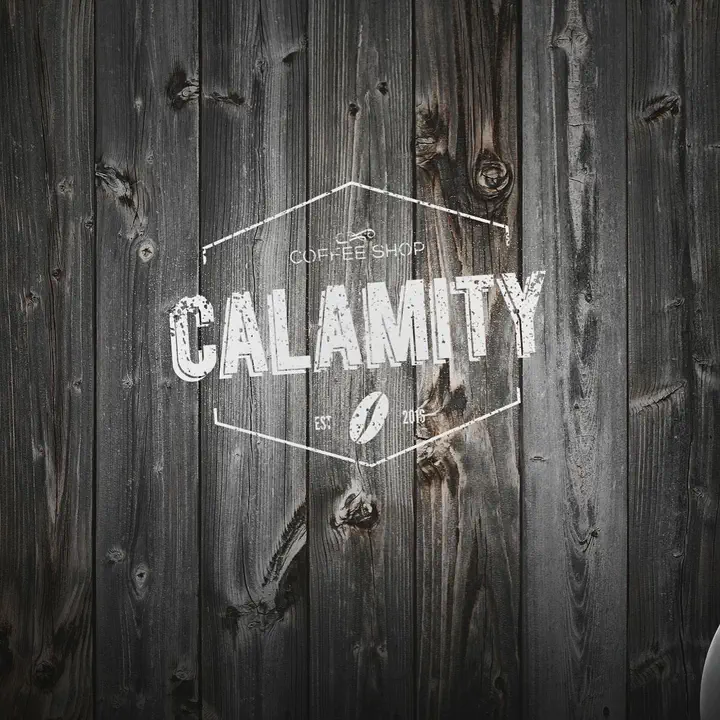Coffee Shop Calamity

Final Class Project for Board Game Design Course.
The Age of Exploration heralded in a new era for mankind. Great Spanish and Portuguese Galleons the size of small apartment buildings carrying riches from the New World back to the European shore line. Among these riches was precious metals such as silver and gold by the tons, some of these riches can still be seen inlayed in the various intricate church paintings that dot European cities and countrysides. However, there was a certain precious commodity produced in the New World that would fuel a worldwide craze. Black Gold, in other words, coffee is a precious good that has been traded, produced, and consumed globally.
In Coffee Shop Calamity, you take on the role as Store Manager of several coffee shops visited by hundreds of thousands of thirsty shoppers, professionals, students, and various other consumers every year. Living in a capitalist society, the player will face competition from 3 other players for a grand total of 4 players. These players will strategically place their pieces on a hex board, each hex representing one of the 6 precious resources required to make these delightful caffeinated treats: coffee beans, espresso, vanilla, mocha, caramel, and whipped cream. Each player is allowed only 3 stores. Players are allowed to trade resources amongst themselves.
Every turn, players collect their resource allowance which depends upon the location of their stores on the hex board and the result of a 2 die roll. Each die is 6 sided, each side represents a resource. Players alternatively have the choice of spending 2 of their victory points to place an auditor on an opposing player’s storefront. The auditor piece essentially immobilizes a storefront as the auditor inspects the facility, this storefront will produce nothing for 2 turns. As players progress and gain resources they are also given order cards, one for each store they have. These order cards can be completed by combining the various resources available to the player. Players are limited to 3 order cards in their hand and cannot discard them until they are fulfilled. Meaning that a player cannot collect new order cards until one or more orders are completed. Once an order is completed the player gains a development card and a star, a player needs 15 stars to win.